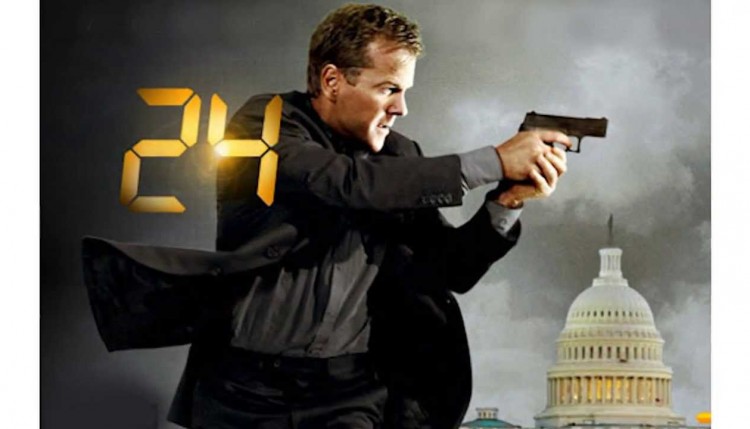
Hollywood Terrorism
Each new season of 24 forces a new challenge upon Jack Bauer, the sparkplug agent at the Counter Terrorist Unit in Los Angeles. A season tells the story of one day in which Bauer and his team have to somehow prevent a terrorist plot from destroying the world as we know it. Sometimes these would-be terrorist attacks are perpetrated by Serbians, Mexicans, or Russians, but more often than not, there are Islamist extremists involved at the forefront or behind the scenes. As an avid fan of the show, though I understood the inherent Hollywood exaggerations, I was also taken aback at how many would-be attacks are stopped everyday from agents working tirelessly to protect us.
Not to say that federal agents don’t have a stressful and crucial job, of course, but in reality, the clever producers of 24 were simply taking advantage of the existing exaggerated narrative surrounding terrorism in this country. Many people believe that terrorists are constantly lurking in the shadows around us, ready to strike at any time, but the number of annual deaths that come as a result of international terrorism is “not much more, usually, than the number who drown yearly in bathtubs in the United States” (Mueller 2). Understandably, the widespread fear in the U.S. arose beginning with the 9/11 attacks, but the way that we respond to and view terrorism can often do more damage than terrorists themselves. Terrorists count on us to overreact in order to have the influence that “they seek but are unable to perpetrate on their own” (Mueller 3).
Though Charles Kurzman takes a more subdued approach, acknowledging that Islamist terrorists are “brutal and inhumane” and that it’s “worth taking them seriously,” he also emphasizes how grossly we misrepresent their capacity to cause us harm, and how few terrorists there really are (64). If your knowledge of terrorism came strictly from 24, you would be frightened at how well-organized and competent terrorists seem to be. But in actuality, the tactics of terrorists are largely primitive in nature, and there is little chance they’d be able to pull off an attack using, say, “weapons of mass destruction” (Kurzman 64).
Perhaps the most significant reason we should curb our fear of Islamist terrorism is the fact that “most Muslims oppose terrorist violence” (Kurzman 63). We also must understand that most actual support for terrorist groups is soft (and that most Muslims support democratic movements if any), that there is considerable competition between these groups, and that terrorists’ habit of attacking fellow Muslims has alienated possible supporters (Kurzman 63). I guess I’ve learned to watch 24 for its impressive entertainment value only, and I probably shouldn’t accept it as an accurate representation of the terrorist landscape.